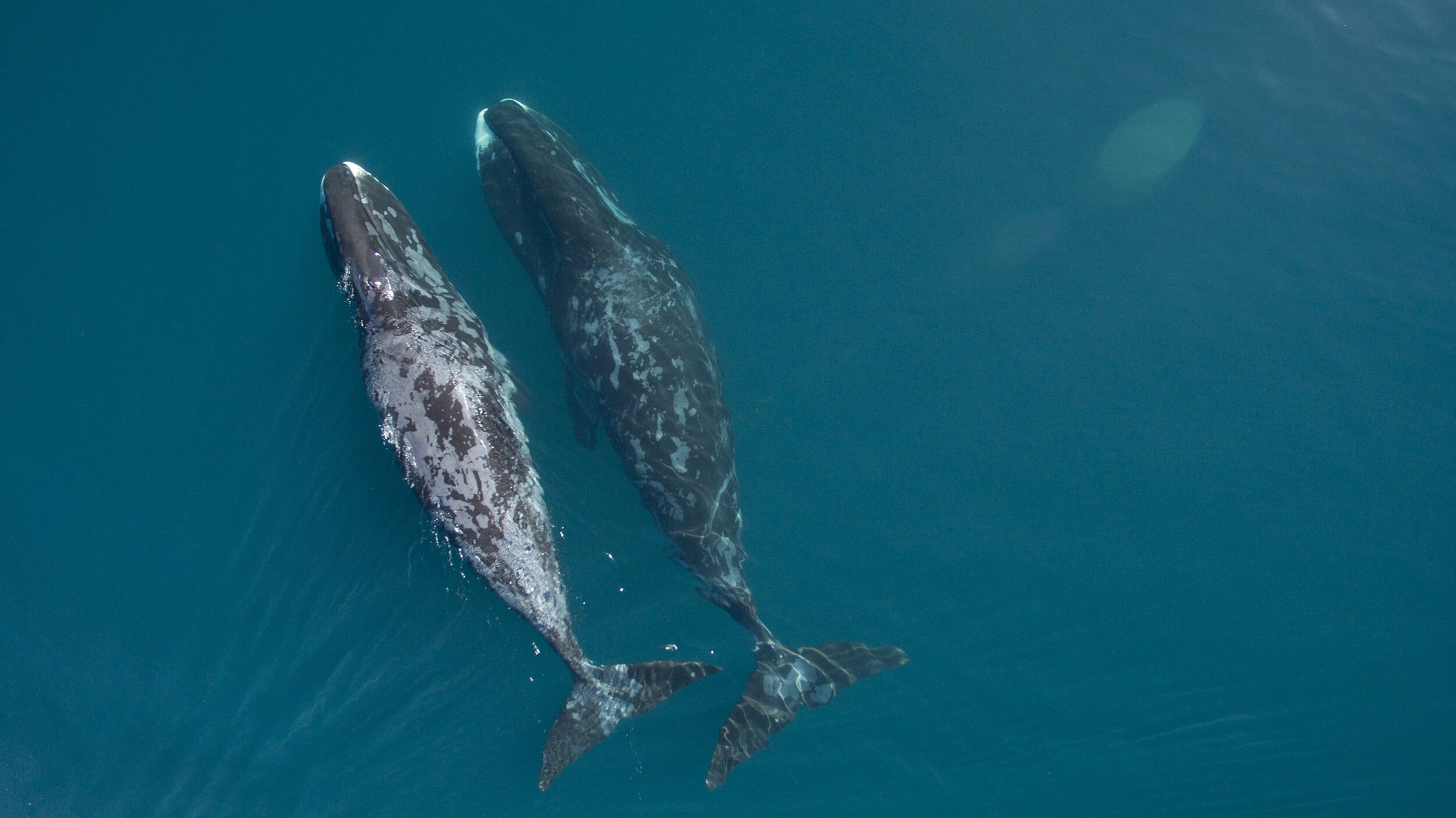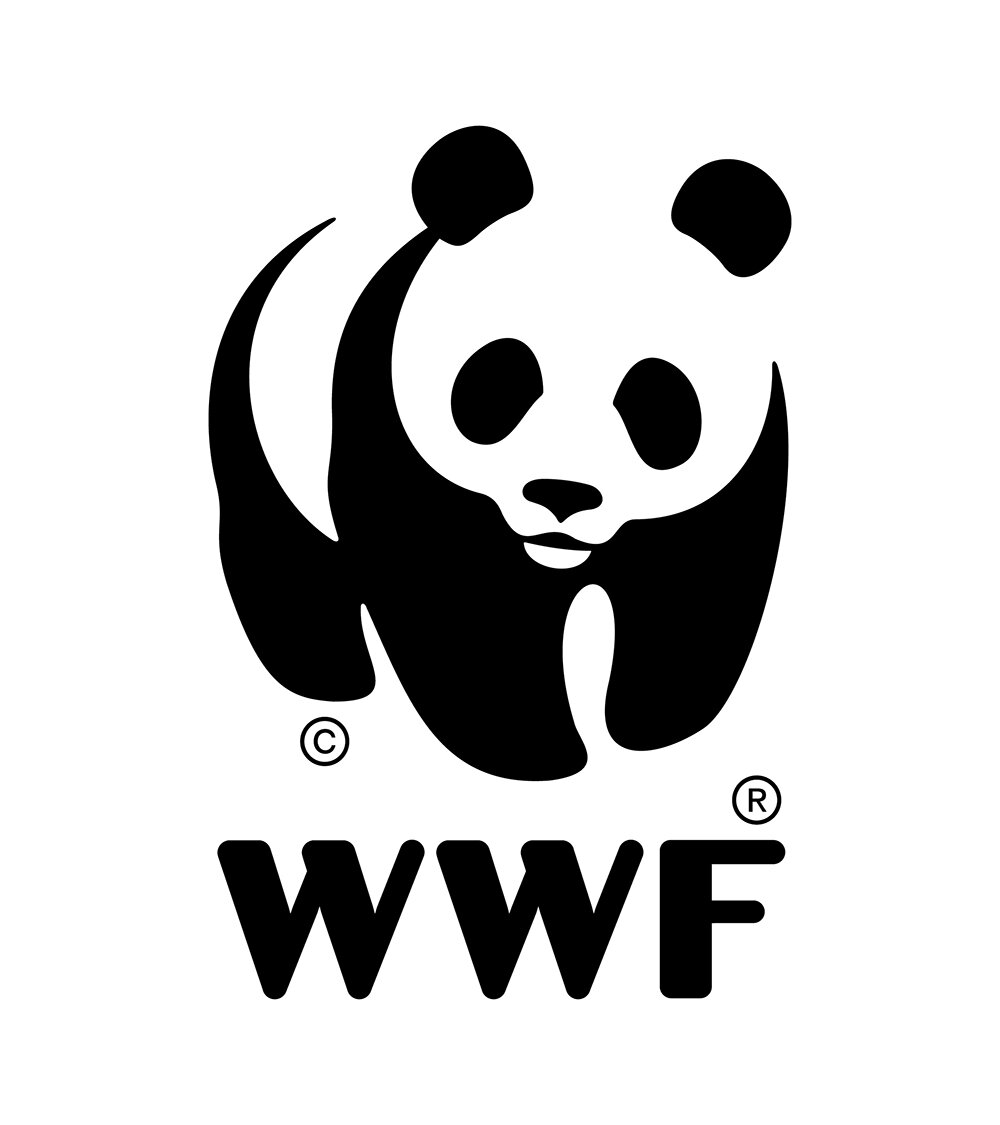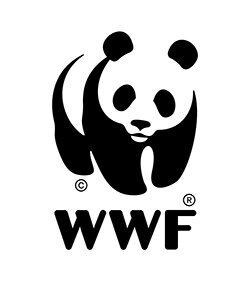
Whaling
Photo © VDOS Global / WWF-Canada
During the 20th century, unchecked commercial whaling dramatically reduced whale populations, driving many species to the brink of extinction.
Now, despite a moratorium on commercial whaling and a ban on international trade of whale products, three countries – Iceland, Japan and Norway – continue their commercial whale hunts. More than 1,000 whales a year are killed for such commercial purposes.
The United States and other International Whaling Commission (IWC) member countries have tried for years to persuade Iceland, Japan and Norway to end their whaling as it undermines the effectiveness of the commission's commercial whaling ban. However, in 2019, Japan chose to walk away from the IWC and now conducts commercial whaling in its own territorial waters, outside of any international controls.
WWF’s goal is to ensure that healthy populations of all cetacean species occupy their full range and fulfill their role in maintaining the integrity of ocean ecosystems. In doing so, WWF acknowledges the widely varied cultural attitudes toward the conservation and management of whales.
WWF has continued to attend every IWC meeting since the 1970s and has worked with a coalition of non-government organisations over the years to achieve many significant successes, including the creation of the Southern Ocean Whale Sanctuary in 1994.
Our engagement at the IWC now goes far beyond whaling to encompass other threats to whales and small cetaceans such as climate change, ship strikes, pollution and entanglement in fishing gear; efforts to which WWF has made significant contributions.
Meanwhile, we’re working at local, national, and regional levels, and across a broad range of international fora, to address and reduce threats to whales, while acknowledging the widely varied cultural attitudes toward their conservation and management.
WWF opposes commercial whaling
This is primarily because the IWC, which has the sole mandate to manage whales at an international level, has thus far been unable to agree on a robust, demonstrably effective, enforceable and conservation- based management and compliance system that is adhered to by all nations. Furthermore, such a system would have to take account of the cumulative impacts of bycatch, ship strikes, ocean noise, climate change and other threats, as well as the wider impacts of the removal of whales from the ecosystem. Therefore, WWF supports the moratorium on commercial whaling.
WWF in action
Strengthening whale conservation
The International Whaling Commission (IWC) is charged with regulating whaling and addressing the vast number of other threats to whales, dolphins and porpoises in our oceans such as shipping, climate change and bycatch. WWF is working to make the IWC more effective in reducing all threats to whales, and lobbying to bring all whaling under its strict control.
A conservation-based approach
WWF analyses the important issues to be debated at each IWC meeting, and often prepares fact sheets to explain the benefits of a conservation-based approach. Drawing on robust science, but written in a style accessible to journalists and decision-makers, they provide important background for those trying to understand the complicated issues on the table.
Opposing international whale trade
WWF continues to oppose the resumption in international trade in whale parts and products, and supports the retention on CITES Appendix I of all whale species and populations. Further, WWF urges the removal of all reservations to these listings.





